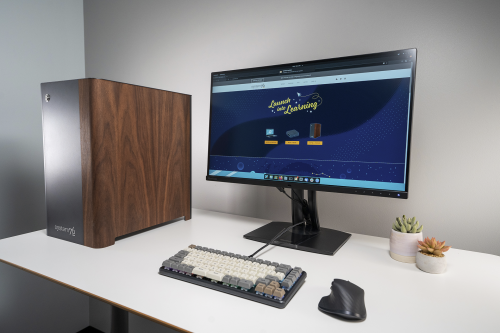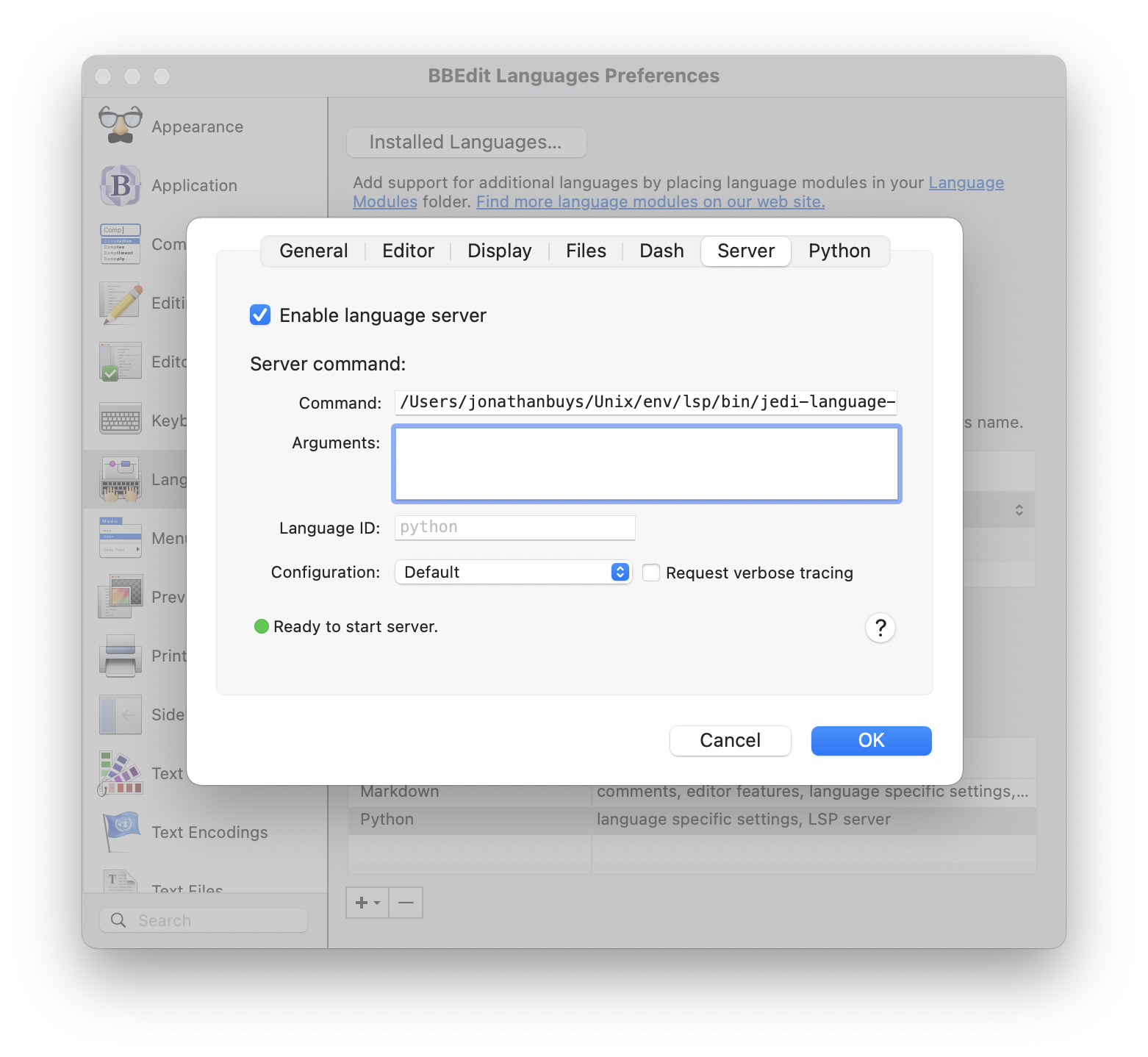For the Future
August 12, 2021
It’s been a busy couple weeks in the Mac community. From horrendously serious topics like Apple taking on child sexual abuse material (CSAM) by scanning photos uploaded to iCloud to drastically less serious topics like an upcoming OmniFocus redesign and 1Password switching to Electron. But first, a follow up to Switcher Season 2021.
After seriously considering my motivations I’ve come to the decision to stick with the Mac and my Apple gear for the foreseeable future. It would be a massive and expensive effort to replace everything, even piecemealing it one bit at a time, and it would disrupt my life and my families lives. Like I said before, when Apple’s devices work as advertised it’s like pulling a bit of the future down into the present. And that’s what I want, I want to live in that optimistic, solarpunk future. Apple has, so far, done well with their green initiatives, like building Macs out of recycled iPhones, and running all their data centers off of renewable energy. Apple is massive now, but at their core I think they still want to do the right thing. Not that they always get it right, or that they always wind up on the right side of a debate, but over all I think I can still support the company because they are still, in general, working towards being a force for good in the world. We need more of that.
Of course, being one of the biggest companies in the world comes with additional scrutiny and responsibility. One of those is doing their part to stop the spread of CSAM, while at the same time protecting the privacy of their customers. I won’t get into it too much here, other than to say I think they could do more and it’d be fine. Otherwise I’ll just point you to John Gruber’s excellent take on the matter. Also, if this is a necessary step to end-to-end encryption for iCloud Documents, I’m all for it.
On a much, much lighter note, I’ve been using the new OmniFocus for iOS beta, and while it’s not nearly as bad as what’s going on with 1Password I’m not sure I’ll be upgrading. After using the beta for a while now, I can’t imagine I’ll stick with OmniFocus if they don’t make some significant changes to the UI before they ship. Which is sad, because I’ve been an OmniFocus user for a long time. I suppose I could see how long I can stick with v3, but it probably won’t be long.
I really miss the main dashboard screen, and how large the touch targets are in v3. In v4 I find the outline to be a big step back in usability and just how pleasant the application is to use. The checkboxes are too small, they are on the wrong side, the Forecast view doesn’t have the week calendar at the top, and I can’t swipe to go back to the dashboard. Instead I’ve got to find that little outline button on the bottom left, or just know that you can tap on the name of the perspective.
Some folks might really love how this works, but it’s not for me. The Omni group is using SwiftUI to build a single cross-platform application, and I suppose we should just be grateful they aren’t switching to Electron.
Because that’s exactly what 1Password is doing. I registered for 1Password Early Access and downloaded the new version and it’s like it was built by an entirely different company. ⌘ \ is no longer the default keyboard shortcut, which is crazy because they had t-shirts made for it.
I’ve been a supporter and advocate for 1Password for years. I led my team to use it at work in 2016 because I’d been using it and loving it since it was 1Passwd. It’s a web app in a frame. v7 was a best in class, completely solid Mac experience. v8 I wouldn’t give a second thought to if I wasn’t already so invested in the app. I know the AgileBits team gave this a lot of thought, but my opinion is that this is a mistake.
Man, AgileBits used to be such a great little indie Mac company, till they tasted that sweet, sweet enterprise money, then they took millions in investment funding.
One of the founders made a good argument for why they eventually decided to go this route:
@shepstl There is a bit of a truth here. I think the business/enterprise side is important for us.
You can see over that over the past few years every major vendor — Google, Apple, Microsoft have built their own password manager. Once something becomes essential, there will be a free option. Remember when Netscape used to sell the web browser and now it is something that we all expect to be free?
If we want to survive, we have to provide something more. Support for businesses (and families!) is a big part of it.
Now, both Dave and I are still using 1Password everyday. We are Mac users and we want to have the best experience for ourselves.
We agonized over the Electron choice and how it will be received by the community. Yesterday wasn’t easy and some of the feedback did hit our team pretty hard. I still think/hope we could pull it off and people will come around 🤞 I know I did — while there is still work that needs to be done, I can’t imagine using the old app today.
I understand. I don’t agree, but I understand. I think they could have continued to ship a first-class native citizen on each platform without resorting to Electron, but that’s the choice they made.
So where does this leave me? The thing is, all of these changes are happening at a time when Apple is also making pointed improvements to their native apps. Reminders is getting pretty good in the next version, it’ll support tags and smart lists that I could configure to be similar to Perspectives in OmniFocus. There’s also enhancements to the built-in password manager in Safari, most notably support for MFA, that make it an attractive native option. It won’t be nearly as full-featured as 1Password, just like Reminders will never be OmniFocus, but for my personal use case, maybe 80% is good enough. That, and Reminders deep integration into the Apple ecosystem will probably be what it takes for me to move.
I’m always looking for ways to simplify, reduce. To use less and do more. OmniFocus and 1Password are just reminding me to take a close look and see if I really need them in my life or not. I’m suspecting in the next couple of months I’ll wind up with not.


